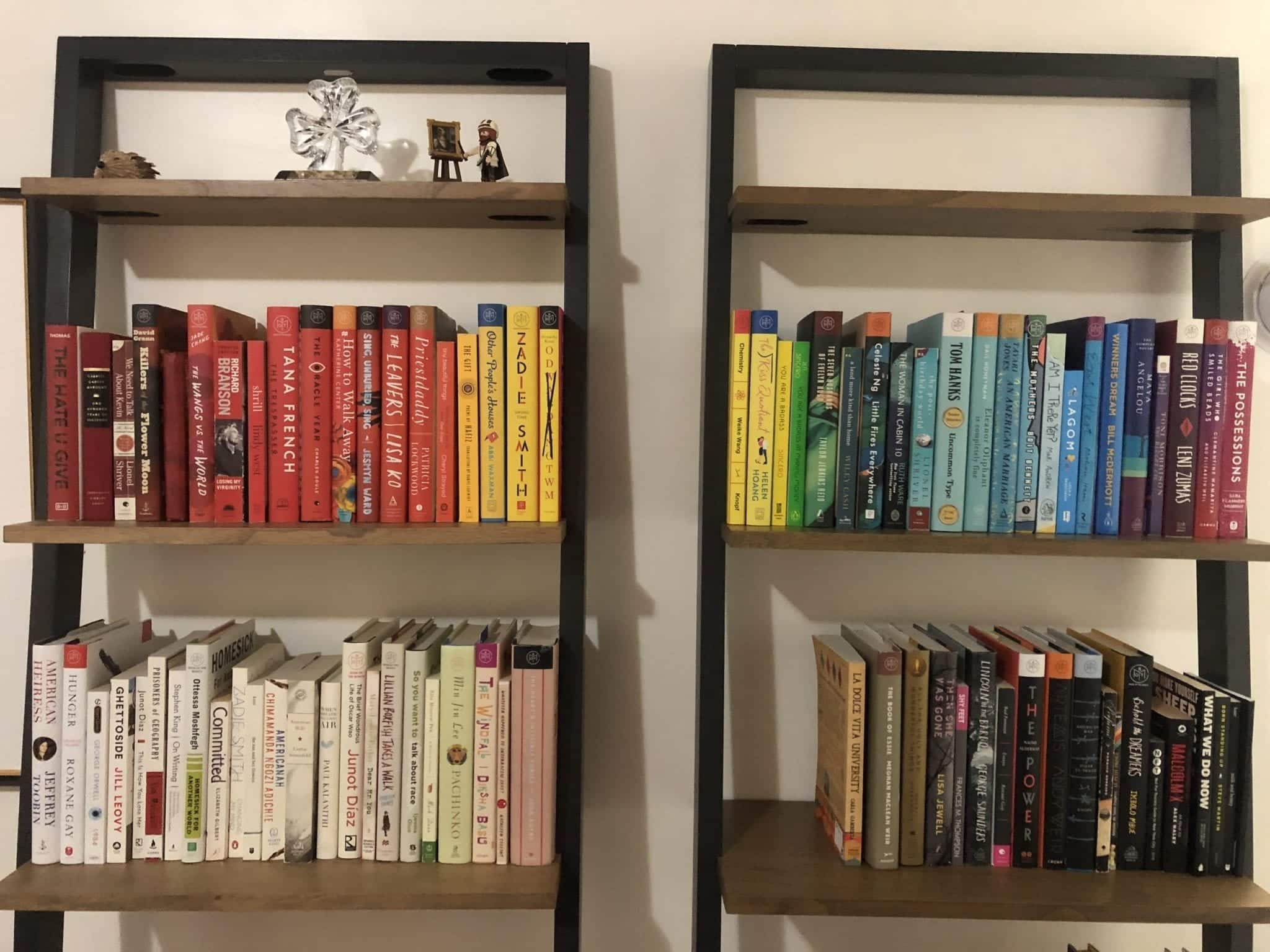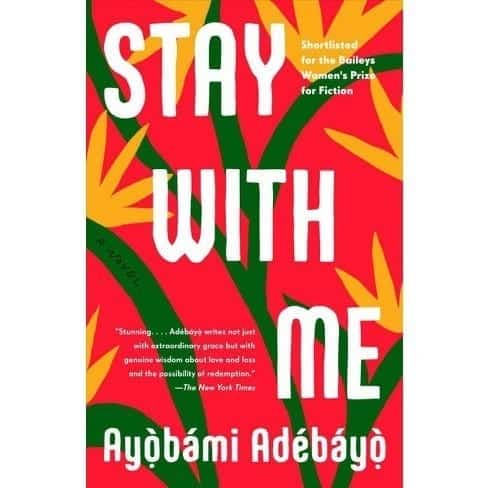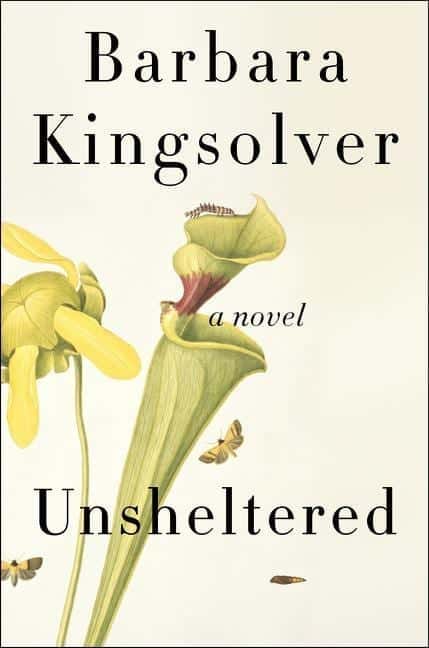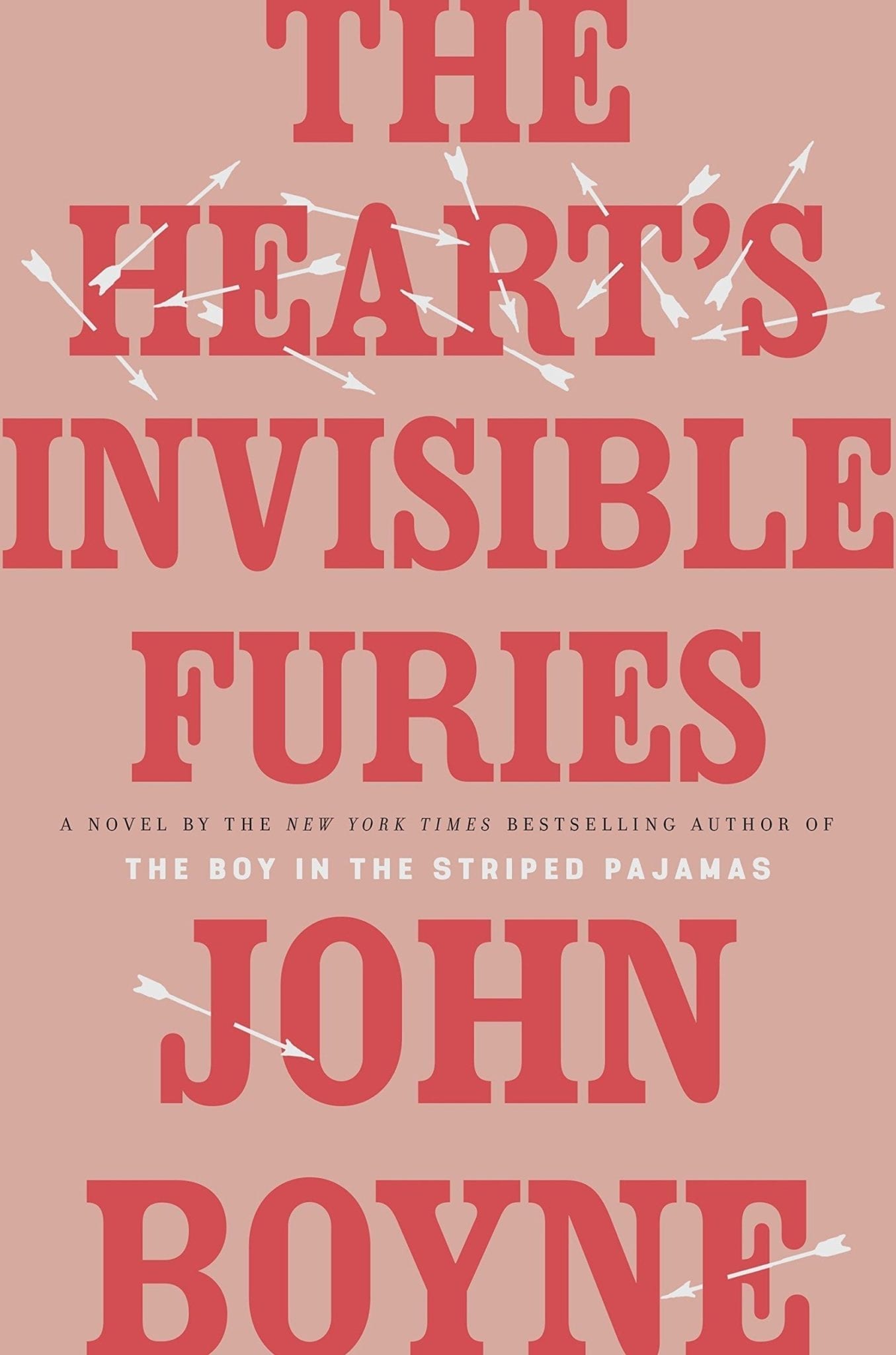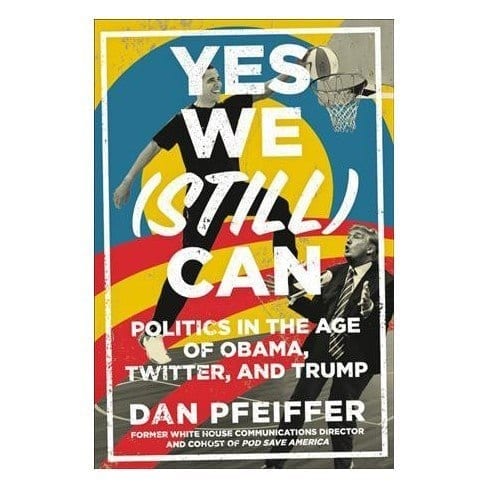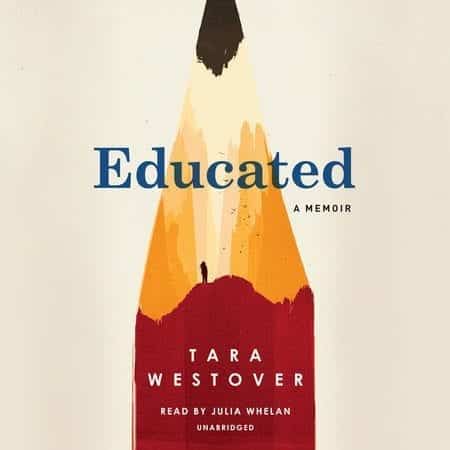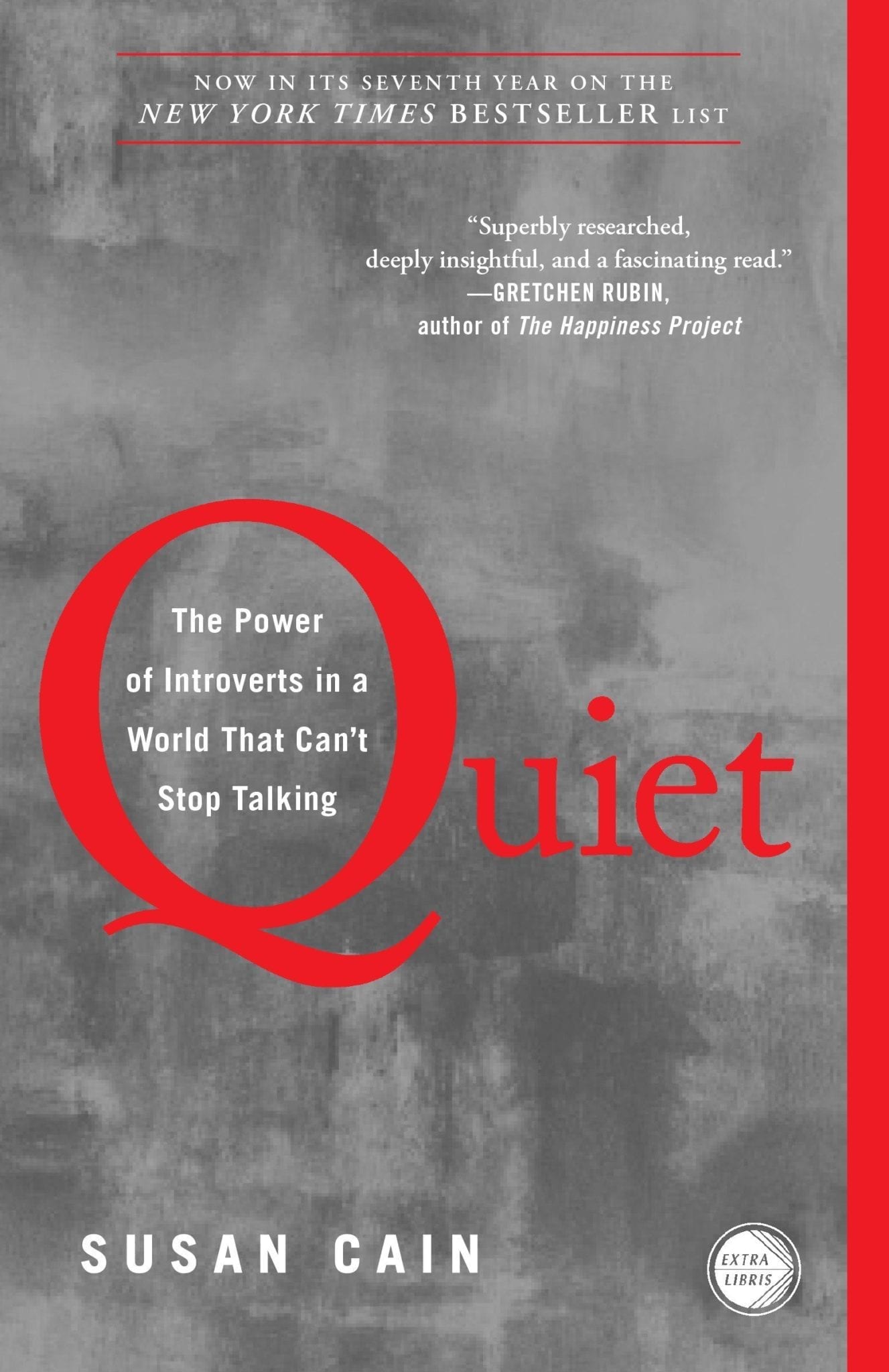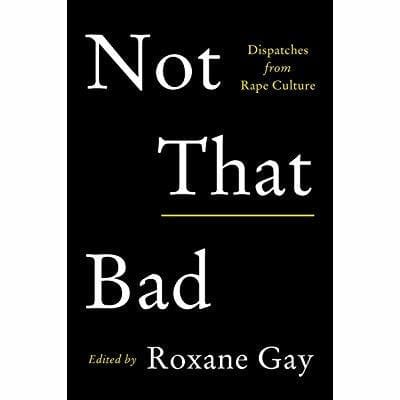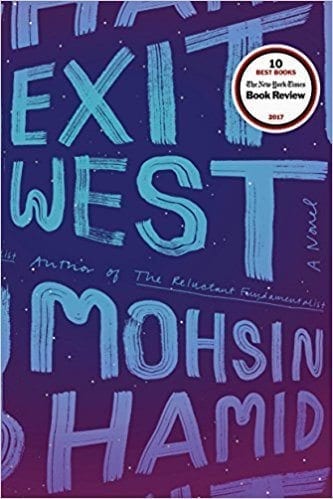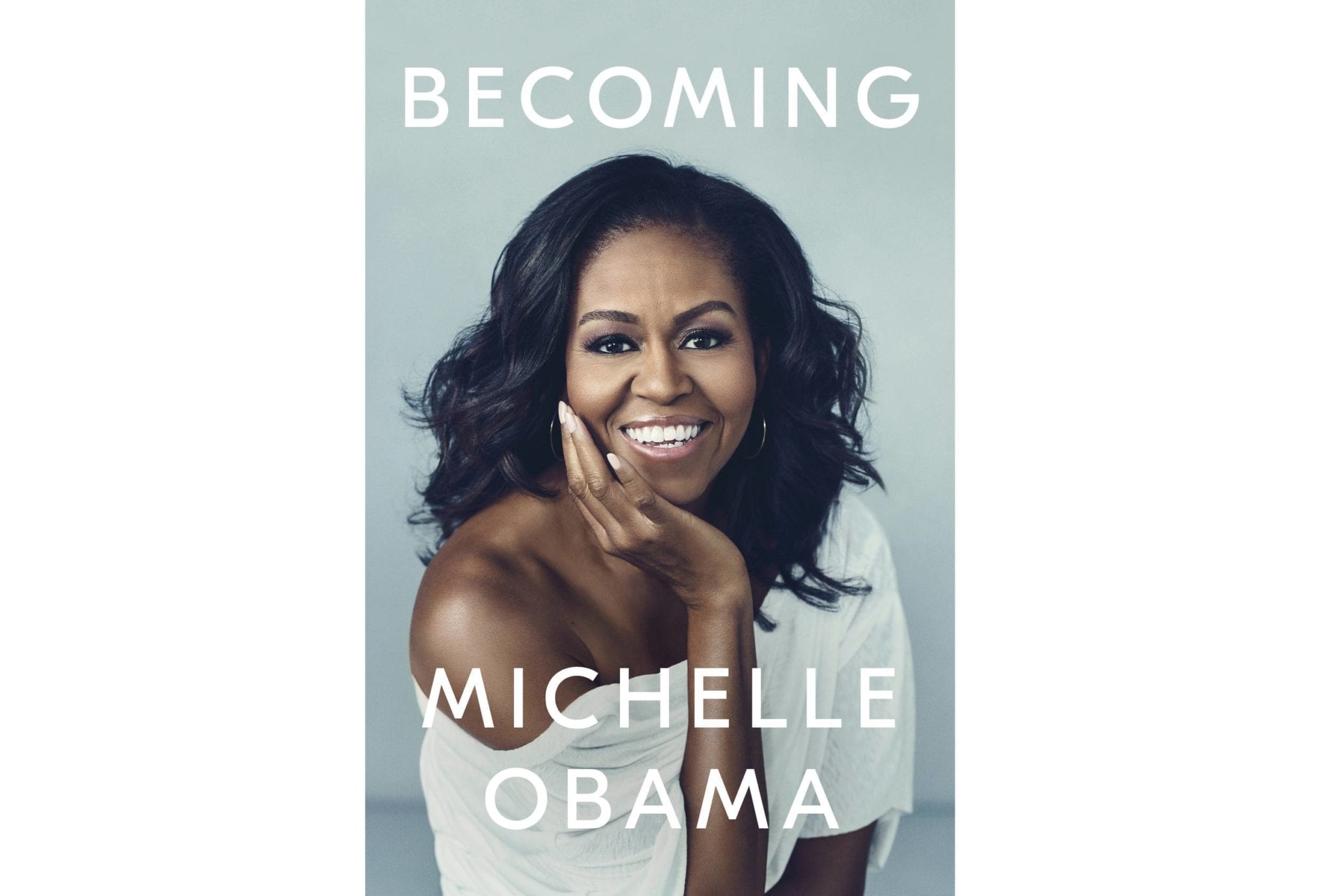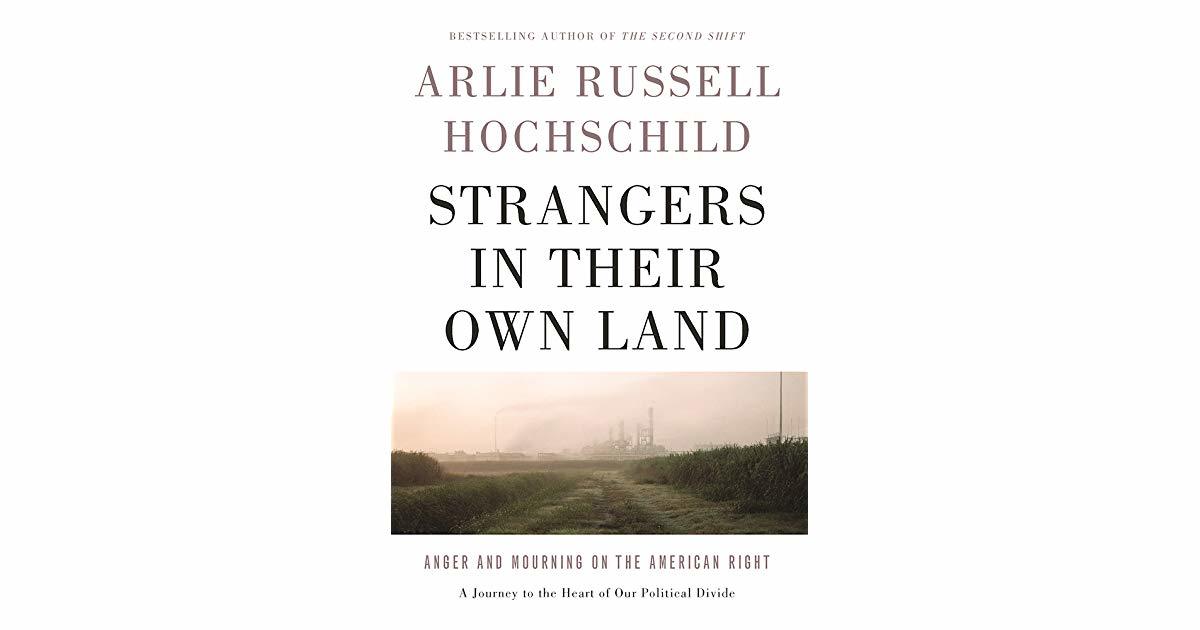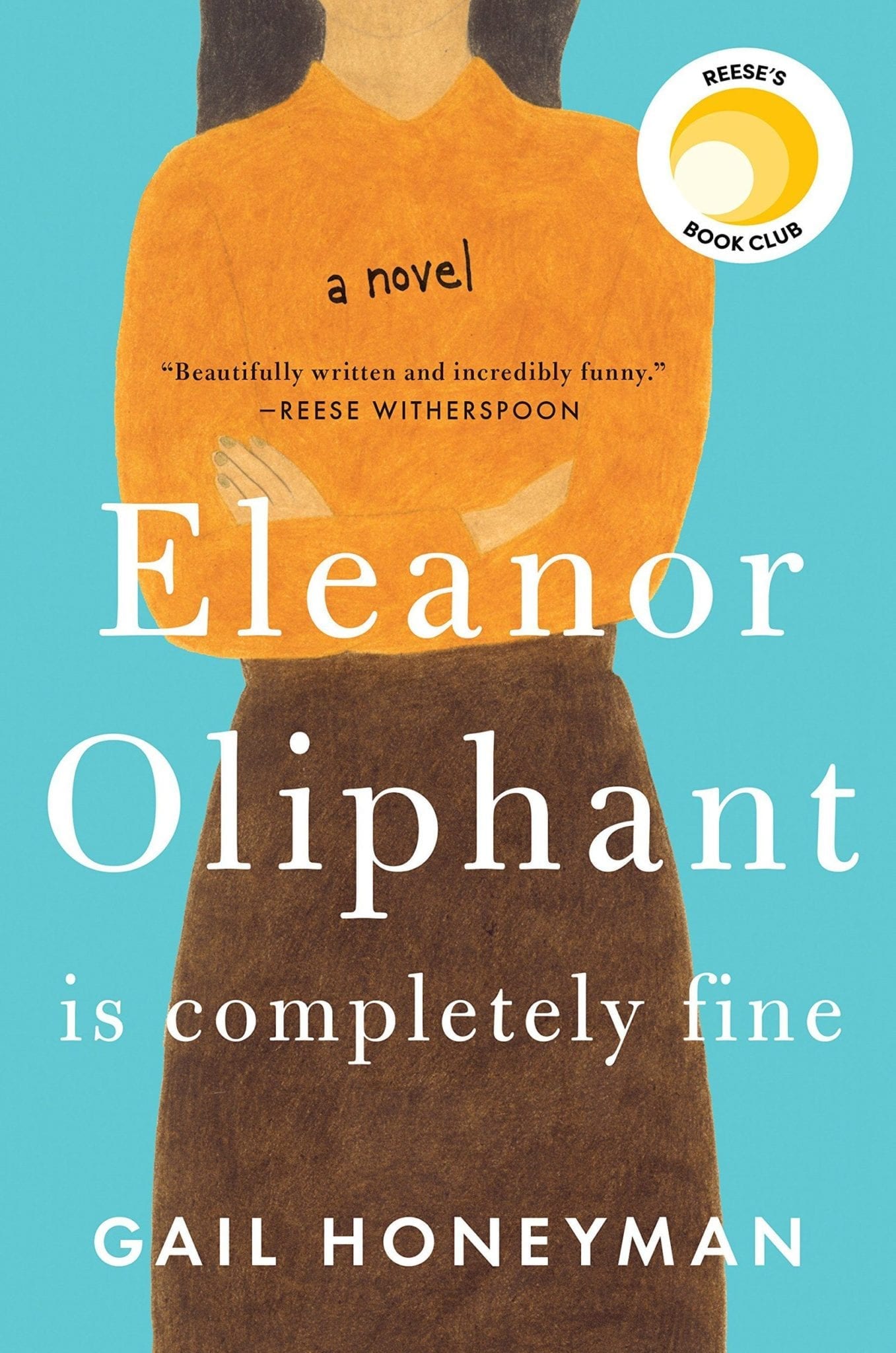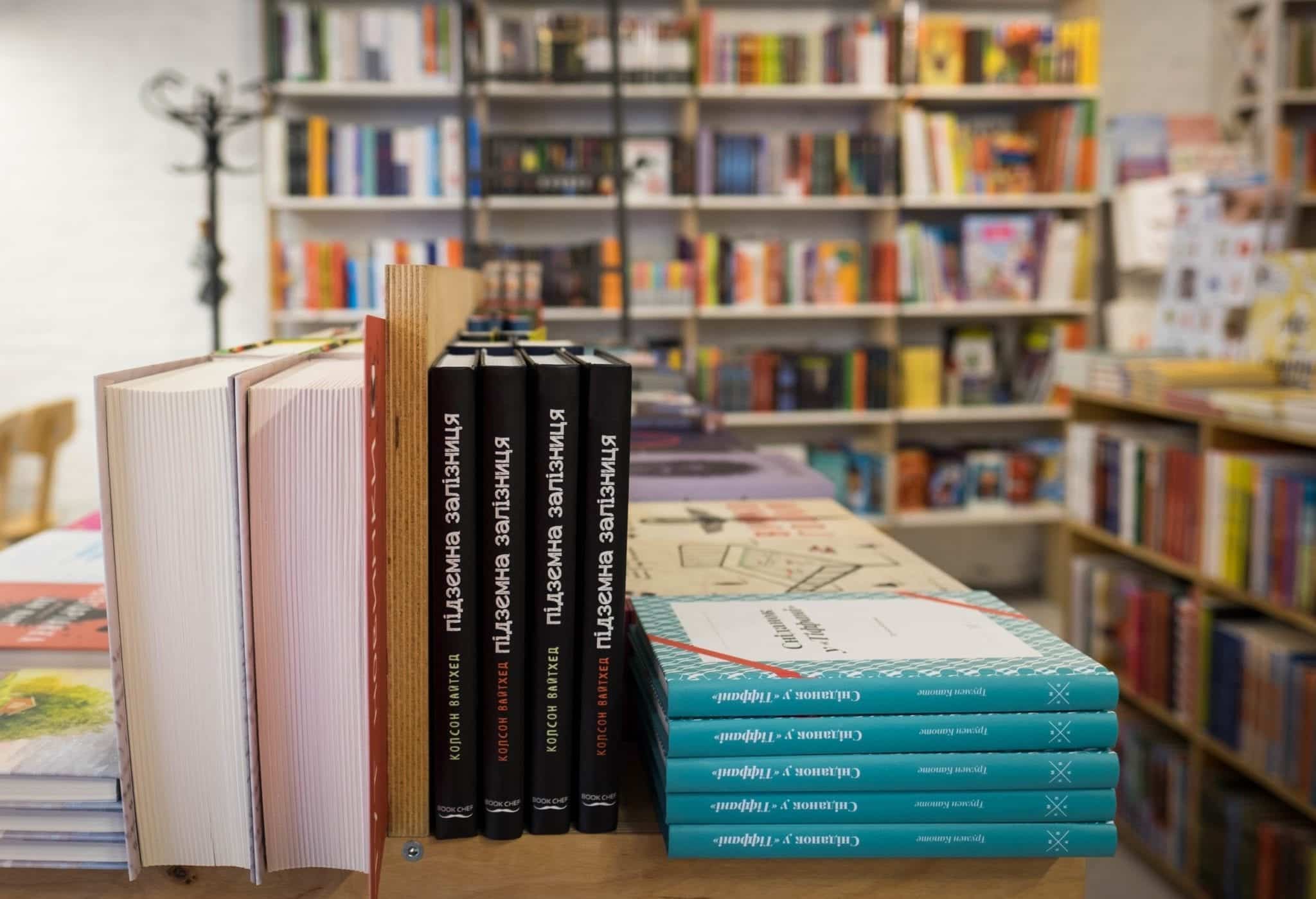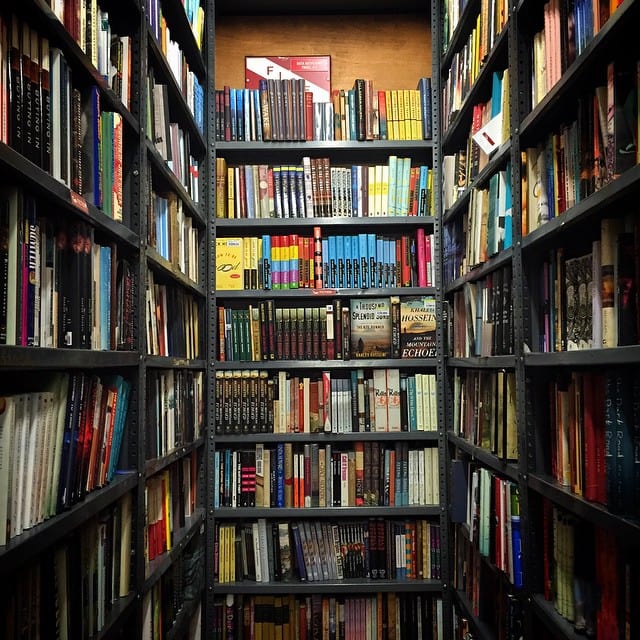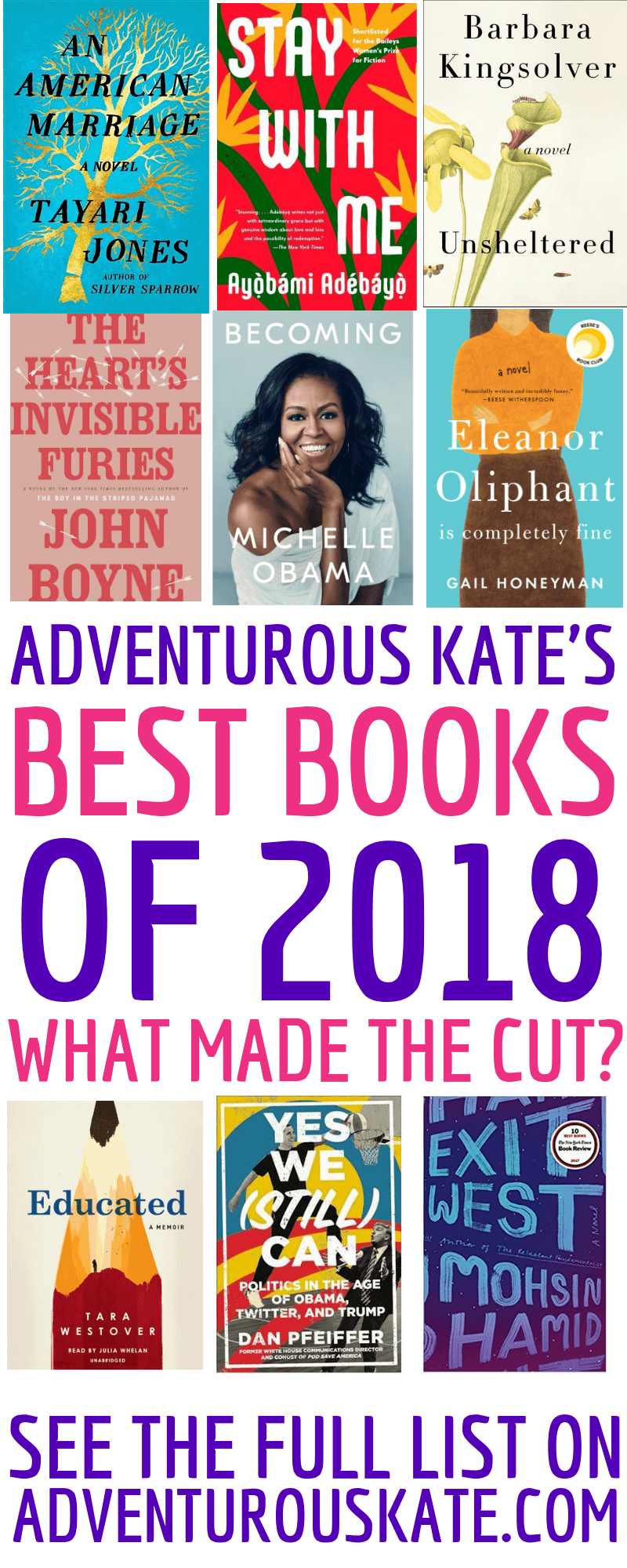Adventurous Kate contains affiliate links. If you make a purchase through these links, I will earn a commission at no extra cost to you. Thanks!
This year I made a decision to read 25 books by authors from countries whose authors I had never read before. I immersed myself in award-winning novels from Mexico and Chile, heartbreaking memoirs from North Korea and the Democratic Republic of Congo, juicy bestsellers from Morocco and Pakistan.
It didn’t work. To my great dismay, I failed.
While there were two that I enjoyed greatly — Pakistani author Mohsin Hamid’s Exit West and Cameroonian author Imbolo Mbue’s Behold the Dreamers — the vast majority of the books were a slog.
I was so curious about the sworn virgins of Albania, but Albanian author Elvira Dones’s Sworn Virgin was clunky and emotionless. Smile As They Bow, by Burmese author Nu Nu Yi, was such an interesting subject but haphazardly written (or perhaps poorly translated). I deeply appreciated Vietnamese author Viet Thanh Nguyen’s The Sympathizer, and thought it was beautifully written, but I just didn’t like it. Eventually I opted to switch to poetry to keep myself going — Armenian author Vincent K. Hunanyan’s Black Book of Poems left me unmoved, while St. Lucian poet Derek Walcott’s White Egrets made me question why I loved his other poems so much.
I ended up making it to 13 before throwing in the towel (though I did eventually read a 14th, Kenyan author Ngūgī Wa Thiong’o’s The River Between).
I struggled with an identity crisis. What did it say about me, the girl who loves travel and reading and learning about people different from her, that she hated most of the books from different countries? How could that even happen? Is it the fact that bad translations ruin books?
But. I did adore books I read this year by Nigerian and Japanese and Irish and Scottish authors — nationalities I didn’t count because I had read them previously. Perhaps there’s hope for me yet.
On to the best of the year!
My Favorite Reads of 2018
In 2018 I have read 59 books so far and will probably finish 1-3 more before the end of the year. It doesn’t touch last year’s record of 72, but I’m happy with myself nonetheless.
My Two Favorite Books of the Year: An American Marriage by Tayari Jones (2018) and Stay With Me by Ayobami Adebayo (2017)
I’ve never listed or reviewed two books together before, but I think this is a situation that calls for it. I was shocked at how much these two novels had in common — they’re natural companions for each other. Please note that I’m not trying to diminish their value by ranking them side by side — this is to marvel how my two favorite reads of the year are even better when read together.
In An American Marriage, Celestial and Roy are a young, happily married couple in Atlanta planning the rest of their lives together: starting a family, starting a business, nothing but success in their future. Then Roy is accused of a violent crime Celestial knows he didn’t commit and sentenced to 12 years in prison. While they work hard to maintain their marriage, inevitably, after years of Roy’s imprisonment, they drift apart. Several years later, after Celestial builds a life with another man, Roy’s sentence is suddenly overturned — and they need to decide if it’s possible for them to rebuild their lives together again.
In Stay With Me, Yejide and Akin are a young, happily married couple in Nigeria who decide that polygamy is not for them. But after four years, Yejide still isn’t pregnant and her in-laws demand Akin take a second wife. Yejide knows she must become pregnant in order to save her marriage, and this sets off a chain of events that reverberate for decades.
Both of these books are about strong marriages trying to survive in the absolute worst of times. Both sets of spouses take marriage seriously and love each other so much, but even the best marriages can be wrecked by tragic circumstances.
Neither book takes the easy route. If An American Marriage had been written by any less of an author than Tayari Jones, Roy would have been surprised and in disbelief to discover Celestial fell in love with someone else. Here, he’s fully aware of the situation, acknowledges that he understands, and asks her if there is anything — anything — they can do to come back from this. Stay With Me takes a lot of risks and goes in so many directions I never could have predicted.
Stylistically, both books tell the story from the point of view of both spouses. Both books deal with moral ambiguity, ebbing and flowing with the plot and the narrator.
Both books are written by black women, one in the United States and one in Nigeria. Both faced more difficult odds, as women of color do, in getting their work to be published and promoted widely. Both authors had to work twice as hard for half the recognition.
Both books are about social injustice — in An American Marriage, it’s how black men are abused in the criminal justice system. In Stay With Me, it’s how women are forced to bear the blame and responsibility for any problems in a marriage.
And both books ripped me open. These books are the literary equivalent of a roasted chicken — seemingly simple and ordinary, without any bells or whistles, but if you get it JUST right, it’s one of the most delicious foods in the world.
Unsheltered by Barbara Kingsolver (2018)
Willa thought she and her family had done everything right — they worked hard, raised two smart kids, and while she didn’t expect to be rich, she thought they would at least have security. Then the magazine she works for folds, the university where her husband was a tenured professor shuts down, her terminally ill father-in-law requires round-the-clock care, her vagabond daughter comes home from years of living in Cuba, and her Harvard-educated son, the one who seemed destined for success, suffers a terrible tragedy. Now they need to cope with financial hardship, loss of career and identity, and a house falling apart around them, while also caring for a father-in-law and newborn grandson.
But that’s not all — the book goes back to the 1870s, focusing on another inhabitant of the same house, a newlywed science teacher named Thatcher Greenwood. He wants to teach Darwinism to his kids, but the scandalized town won’t let him do anything remotely close. He then befriends his next door neighbor, Mary Treat, who turns out to be one of the world’s best female scientists of the 19th century and a correspondent of Darwin himself.
I always love Barbara Kingsolver’s books — she’s the best at writing about big-picture issues while weaving them into the narrative of wonderful characters, each with their own distinct voice. Here, the big-picture issue is scarcity, security, and the economics of today. Why are we still expecting the same results when we don’t have the resources we once had?
The old rules stated that if you work hard, buy a house, save money, and send your kids to college, you’ll be fine and your kids will turn out better than you. But that is becoming less and less often the case. So what are we supposed to do now? How do we adapt? Maybe millennials, the people of my generation, those of us saddled with the most student loan debt and the worst economy and healthcare, are the ones who have the skills to redefine how we should be living.
Most importantly, this book has caused me to reevaluate what I’m doing in my life and career to prepare for even more uncertain times. We’re living under new rules now, and I want to be ready for them. And I know this sounds like such a depressing book, but I promise you it’s the complete opposite! It’s uplifting.
I haven’t loved a family in literature this much since The Hate U Give. I’m still enjoying my book hangover from this one, wondering what all the characters are up to today.
The Heart’s Invisible Furies by John Boyne (2017)
Cyril Avery was born in Dublin in 1945, adopted as an infant by eccentric, distant parents. Growing up gay in an environment controlled by the Catholic Church was absolute hell, and he dealt with his sexuality in the ways many men did — he repressed it, denied it, hid it, and sneaked around with men on the side while keeping a straight facade. This led to a point of no return for him, so to speak, but when he hit his lowest point, the world suddenly opened itself up and life became better than he could ever have imagined.
I brought this book with me to Antarctica because it was the longest unread book on my shelf at 592 pages and I figured it would take me awhile to get through it. It was so good that I finished it BEFORE I EVEN GOT ON THE SHIP.
Without a doubt, Cyril is my favorite character and protagonist of the year. He is so multifaceted yet such a kind person at his core, in spite of his rough start in life, and he has such an affable voice. It feels like you’re spending hundreds of pages with a good friend, witnessing the best and worst moments from his life, beginning to end. Best of all, Cyril has accountability. He spends a good amount of time righting his wrongs.
I also love it when a book has a good ending — something that is all too rare, I’m sad to say. Without giving anything away, this book has a FANTASTIC ending — the kind that brings you happy tears and will leave a smile on your face for days.
Yes We (Still) Can: Politics in the Age of Obama, Twitter, and Trump by Dan Pfeiffer (2018)
I owe so much of my sanity to the Pod Save America guys, with their twice weekly political podcast that gives me catharsis and hope, knowledge and laughter. And while all the guys are great, I’ve always loved Dan Pfeiffer in particular. His acerbic one-liners, his utter contempt for Paul Ryan, and his thoughtful analysis of the media landscape are something I look forward to hearing every Thursday.
This book is everything I love about the podcast, distilled into the written form — it’s dense with knowledge, revealing, highly entertaining, and full of laughs. The book covers how Pfeiffer went from a driven student to the White House Communications Director when he was only in his thirties. He was one of Obama’s first hires, joining the 2008 campaign at a time when everyone thought he was a long shot who should pay his dues and run in another four or eight years.
I love how this book analyzes the current political atmosphere and plays upon his knowledge. I love his ideas for how media strategy needs to change to benefit political candidates and all of America. And it’s full of hilarious footnotes. If having a podcast host’s voice in your ear is a way to get close to them, this book takes you even deeper.
Educated by Tara Westover (2018)
Tara Westover overcame unbelievable odds. She was raised in rural Idaho to a survivalist Mormon family with a paranoid, junk-collecting father and an unlicensed midwife mother. Westover never went to school while growing up, nor did her siblings. Instead, she was expected to help her father with junkyard collection (something that almost got her killed more than once), and help her mother with midwifery and alternate remedies. They lived off the grid and did not trust doctors or hospitals. Eventually, Westover decided to study on her own, take the ACT exam, and try to get into university. She got into Brigham Young University and did so well that she went on to get a doctorate in history from Oxford University.
I cannot believe that Westover was able to pull herself out of this situation. So many of the scenes are vibrant — when her brother caught on fire and put his leg in a trash can full of water because it was his only option. When she got stuck in a crane at the junkyard and nearly fell to her death. The horrific abuse from her older brother. All of the family’s awful experiences because they refused medical care — and then, paradoxically, how her mother became a skilled alternate healer.
How can you climb out of that and go on to get a doctorate from Oxford?!
The moment that gave me chills was when Westover was in one of her first history classes at BYU. She raised her hand to ask what a word meant, and the class got quiet and the professor got angry. The word? Holocaust.
What struck me as well was how the book overall felt very somber. Even at the end. It goes to show that education was not a panacea for Westover, despite how much it changed her life, and it would take a lot of work to find a life of peace and happiness.
Quiet: The Power of Introverts in a World that Can’t Stop Talking by Susan Cain (2012)
I’m not exaggerating when I say that learning about introversion was one of the most groundbreaking moments of my life. Finally I had reasons for why I get so exhausted so quickly at parties, why I happily spend so much time alone, why I have no trouble performing on stage for hundreds but have to psych myself up to schmooze with people afterwards. Even why I automatically hate everyone else on a group tour with me at first.
It’s not preference — it’s biology. And the unfortunate thing is that we’ve built an extroversion-centric world, where the traits most highly valued are the ones that introverts struggle with personally. I’ve been criticized my entire life for being too quiet, spending too much time alone, and having a few close friends rather than tons and tons of friends wherever I go.
One part of the book that stayed with me was how Harvard Business School operates. Students do virtually everything in groups, from morning to night, schoolwork to socializing, and since graduates of HBS often shape the culture of work in the United States, we end up with work environments designed for group interaction, leaving introverts behind.
If you’re an introvert, you must read this book to understand yourself more deeply. If you manage people, if you’re a teacher, or if you work with lots of clients, you need to read this book in order to help people in the best way possible.
In the Country We Love: My Family Divided by Diane Guerrero (2016)
As I giggled while watching Diane Guerrero play the ditzy, hilarious Maritza on Orange is the New Black, I never could have guessed her family history could have been so tragic. Guerrero was born in the United States to parents who were both undocumented Colombian immigrants. When she was 14, her parents were arrested and deported. Nobody from the government ever checked up on Diane and she was left on her own to navigate the system with her parents in another country.
This book hit me hard for one reason in particular: Guerrero grew up in Boston. She’s a few years younger than me. She attended the Boston Arts Academy while I was studying piano literally around the corner at Boston Conservatory. I was living a life of what now seems disgustingly overprivileged, and she was a few miles away, trying to live through unimaginable circumstances.
This is one of the many books I think that every American needs to read. We need people to read these perspectives to understand that immigrants are people and deserve protection. Guerrero’s parents tried to get citizenship legally for years and they were swindled out of their money by crooked lawyers. They had no chance. Once arrested, there was nothing they could do to say with their child in the country where she was born and had spent her entire life. And the fact that she was left alone as a teenager, only surviving on the kindness of her friends’ parents, is heartbreaking.
But there’s something else that makes this book wonderful — it’s a story of finding your true love and working to make it your vocation. Even though there were so many easier paths to take, Guerrero was so determined to become a successful actress, and you will cheer along with her as she succeeds.
Not (That) Bad: Dispatches from Rape Culture, edited by Roxane Gay (2018)
Roxane Gay is one author for whom I will drop everything I’m doing to read her latest work, whether it’s a book, a New York Times column, or even her latest review on Goodreads (I LOVE that we have the same taste in books!). Her latest work is a collection of essays about rape culture: how the impact of sexual assault is minimized for survivors while perpetrators are protected in a strong legal and social system. Gay herself is a sexual assault survivor and has written about it extensively.
When Gay decided to create this collection, she was shocked by the amount of submissions, the breadth of experiences, and the sad uniformity of them — all caused by toxic masculinity and gender inequality.
The essays are tragic. The one I remember most is the young girl who was raped by her father, then has her family and church turn against her and tell her she has to forgive him because it was a mistake, and then of course he ends up raping her again. She wrote to her family members begging for help and money to get out of the situation; nobody believed her. But there’s also positivity: the stories of people who found partners and therapists who helped the put themselves together again, albeit not as happy as they were before the assault.
This is not an easy read — it’s the opposite of that. Agonizing. But it’s a vital read, critically important to understanding what we as a society need to do for survivors.
Exit West by Mohsin Hamid (2017)
Saeed and Nadia are two young lovers living in an unnamed country — Somalia? Yemen? Pakistan? — that becomes increasingly violent and dangerous. As everyone they love is dying around them and the odds of surviving grow further slim, they decide to migrate. Rumors swirl of magical “doors” that can serve as passage to new places. Saeed and Nadia gain access to a door, and a difficult journey across the world begins.
I can either take or leave magical realism — but here it works extremely well, as it does in Colson Whitehead’s The Underground Railroad, which is the perfect book to pair with this novel. A series of doors open around the world, allowing people to migrate all over. This leads to consequences, both around the world and for Saeed and Nadia’s relationship.
The single most remarkable thing about this book is that it makes equal arguments both for and against immigration. It encourages compassion for migrants and shows the hellish circumstances that led them to risk a dangerous journey to another country. At the same time, it shows what can happen when immigration is out of control.
This novel is unlike anything else I’ve read this year, equally magical, foreboding, and compassionate.
Becoming by Michelle Obama (2018)
It’s the bestselling book of 2018 because so many of us were waiting for it with bated breath. What would Michelle Obama reveal once she was no longer First Lady and no longer needed to be so guarded? What would she tell us about herself that she had to keep locked away for years?
I don’t think we should have expected a gossipy tell-all — that’s not who Michelle Obama is. Nor could she ever be. But this book is a revealing, albeit somewhat guarded, telling of everything that brought her to where she is today. Michelle Obama truly is the American Dream: she grew up in a modest environment on Chicago’s South Side, worked hard in school, got into Ivy League universities, got a highly paid career, then figured out how to bring her love of service into her life while also making money, having a marriage, and raising a family (while also acknowledging that it’s impossible for women to excel at “having it all”).
The book is laid out in three sections — “Becoming Me,” about how she grew up, “Becoming Us,” when she met Barack and began focusing on service, and “Becoming More” as First Lady — and “Becoming Us” was the strongest section. Not just because I was dying to know about their love story and how they fell for each other, but also because I had no idea about her career trajectory. After working for a top law firm in Chicago, Obama decided to take a huge pay cut to work a nonprofit job helping young people work in needy, underserved areas. She grew this career into bigger and better opportunities, still working in community outreach until she did so at the University of Chicago Hospital. She built her career from scratch and figured out how to do what she loved most, getting paid well, and making the world a better place. Nobody talks about this!
One thing that I kept thinking about is that Obama and her brother Craig were raised to be so self-sufficient. Her mother was the opposite of a helicopter parent — she trusted them to make the right decisions, chose not to intervene unless it was was absolutely necessary, and they were well-behaved kids. There was a pattern through their lives of choosing to do the “right” thing — go to an Ivy League university for college and graduate school, get a high-paying job, do well and keep your head down — then finding a way to bring their true passion into their lives eventually figuring out how to turn it into a successful career.
Do I wish it were a bit more juicy? Of course I do. But I think it might be even better that I got to hear Obama’s true story from her directly.
Strangers in Their Own Land: Anger and Mourning on the American Right by Arlie Russell Hochschild (2016)
In the wake of the 2016 election, journalist Arlie Russell Hochschild set out to research the backstories of Trump supporters. She decided to focus on southwest Louisiana, a region that is being hit with extensive hardships due to Republican policies, yet still commands high levels of Republican support.
Truth? I started this book last year but I quit because it was so frustrating. I couldn’t stand reading about the people who had their environment destroyed around them, no longer being able to eat the fish from their waters, cancer rates skyrocketing. They all know that environmental deregulation is the reason — but they still happily vote for the candidates in favor of deregulation because they’re also against abortion.
I picked it up again because I needed something to read at the nail salon and I found myself getting back into it. The book gets better as you go on, and toward the end, Hochshild does an in-depth analysis of several personality types. Like the people who believe they did everything right and everyone else is “cutting them in line.” While so many people have written analyses of white working class people and/or Trump voters, this book does so in a more in-depth and compassionate way, while still holding them accountable.
I highly recommend this book to liberals who are having trouble understanding the motives of conservatives, going beyond Trumpism.
Eleanor Oliphant is Completely Fine by Gail Honeyman (2017)
This delightful novel tells the story of a peculiar young woman living in Glasgow. Eleanor is a bit odd — she spends most of her time alone, doesn’t understand social cues, makes constant social faux pas to her coworkers, and while she fantasizes about a singer who doesn’t know she exists, she doesn’t have any real relationships with anyone. She hates the weekends and drinks her way through them, not leaving her house. But one day she and her coworker Raymond come across a man having a heart attack in the street and it sets off a string of events that challenge Eleanor to change her life.
This book is so positive and uplifting. Little by little, Eleanor learns how to build relationships with other people. She learns how to make others happy. She learns how to take care of herself. And what I like most is that she doesn’t change who she is as a person — she just learns to modify some forms of her behavior. And the relationships that she builds with Raymond and others are filled with so much kindness.
I swore that Eleanor was on the autism spectrum when I began the book — but as it progressed, it seemed that while neurodivergence was most likely a factor, it was trauma that brought her into a position of sealing herself off from the world. It would take a lot of therapy and self-examination to undo the years of pain — but in this book, she was able to make so many amazing strides.
If you want to smile so hard your face hurts, this is a great book for you.
Other Notable Books of the Year
I had so many notable books this year that didn’t quite make my list of favorites, but they deserve mention anyway. Here they are:
So You Want to Talk About Race by Ijeoma Oluo (2018), because white people need to do everything they can to be better allies.
Who Thought This Was a Good Idea? by Alyssa Mastromonaco (2017), because she is one of the youngest women to ever have a high-ranking job in the White House and shows how she got there.
Behold the Dreamers by Imbolo Mbue (2016), because it beautifully tells a story of unseen African immigrants in New York City.
You Are a Badass About Making Money by Jen Sincero (2017), because a lot of us have strange blocks about money and we deserve to be successful.
The Kiss Quotient by Helen Hoang (2018), because it was so nice to read a romance involving a character with autism, written by a woman with autism.
Norwegian Wood by Haruki Murakami (2000), because it was like a gentle brook in my brain and the perfect book to read while on the shinkansen to Tokyo.
American Prison: A Reporter’s Undercover Journey Into the Business of Punishment by Shane Bauer (2018), because it revealed the disturbing reality of private prisons in the United States.
The Finnish Way by Katja Pantzar (2018), because it showcased the beauty of the Finnish lifestyle, a country I love dearly and always have trouble explaining way.
Fire and Fury: Inside the Trump White House by Michael Wolf (2018), not because it was the best written or most innovative book — but wasn’t it amazing that we briefly had a nation-wide book club?
My Least Favorite Read of 2018
I try not to put authors down because I respect how much work and energy and baring of your soul it takes in order to write a book to completion and share it with the world.
However, occasionally I come across a book so horrific that I want to hurl it into the fireplace.
This year that book is All the Ugly and Wonderful Things by Bryn Greenwood (2016).
I had sky-high expectations for this book — it was voted best book of 2016 by Book of the Month subscribers. I heard it was an unconventional romance. A young girl who grew up to parents who run a meth lab eventually falls in love with a man who worked for her father.
Uh, not quite. The sexual relationship between these two characters began when he was a grown man and she was 12 years old. BUT IT WAS OKAY BECAUSE SHE INSTIGATED IT! Oh, and it’s okay too because IT ALL WORKS OUT IN THE END AND THEY END UP TOGETHER AND IT’S SO ROMANTIC!
Yeah, I don’t mind ruining that book for you because it’s a terrible book.
This is a book that sexualizes children — but it goes further and justifies it in the name of “true love.” (What a surprise — my least favorite book of 2017, Gabriel Tallent’s My Absolute Darling, ALSO sexualizes children!)
“But what about Lolita?” you might say. “Isn’t that a book you love that sexualizes children?”
I did love Lolita. I read it when I was 21. I’m sure I would feel somewhat differently about it today, considering how much I’ve grown since then. But even so, the book doesn’t sanction a sexual relationship between an adult and a child. Instead, the beauty of Lolita is showing how an abuser is able to charm you into actually liking him while being repulsed by his behavior. Volumes have been written about the literary style of Lolita and Nabokov’s art of persuasion. It’s ambiguous and thrilling. It’s dark and intelligent.
Lolita is experimental art.
All the Ugly and Wonderful Things is torture porn.
Any bad books beyond that? Most of the books I didn’t enjoy this year fell into the category of “Good for you, not for me,” so I won’t list them here. No need to tear them down.
I will mention two, though: The Woman in Cabin 10 by Ruth Ware (2016) is a book about a travel writer on a press trip written by a woman who has clearly never been on a press trip in her life. Most people loved this book, but I said, “That would never happen!” so many times that it ruined the book for me. That and the fact that the book constantly and erroneously used the word “Scandinavian” instead of “Nordic.”
Other People’s Houses by Abbi Waxman (2018) romanticizes emotional abuse and normalizes parental alienation of children. On top of that, the young children in the book have conversations like adults, talking about who of their parents has “slept with” whom. Come on.
Next Year’s Reading Challenge
Next year I’m trying a new challenge: Book Riot’s 2019 Read Harder Challenge. It pushes you to read works by authors who are frequently overlooked. Some of the challenges include a work by an author of color about space, a book by a woman and/or author of color that won a literary award in 2018, a book of nonviolent true crime, a book by an author from Oceania, a comic by an LGBTQIA creator, a book written in prison.
In the past I’ve done the Popsugar Reading Challenge every other year, but I think it’s time to switch things up! I like that this challenge is shorter (24 books rather than 52) and each category is thoughtful.
